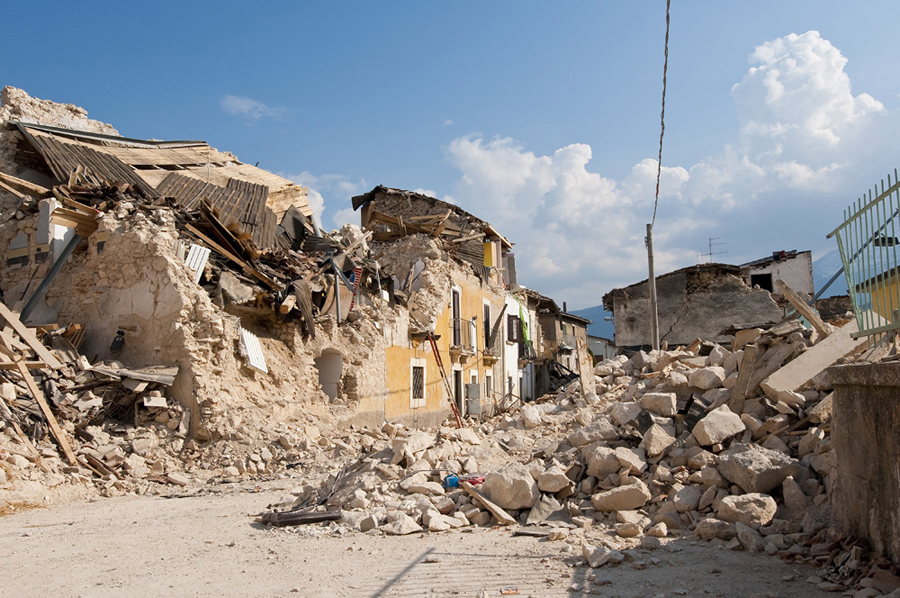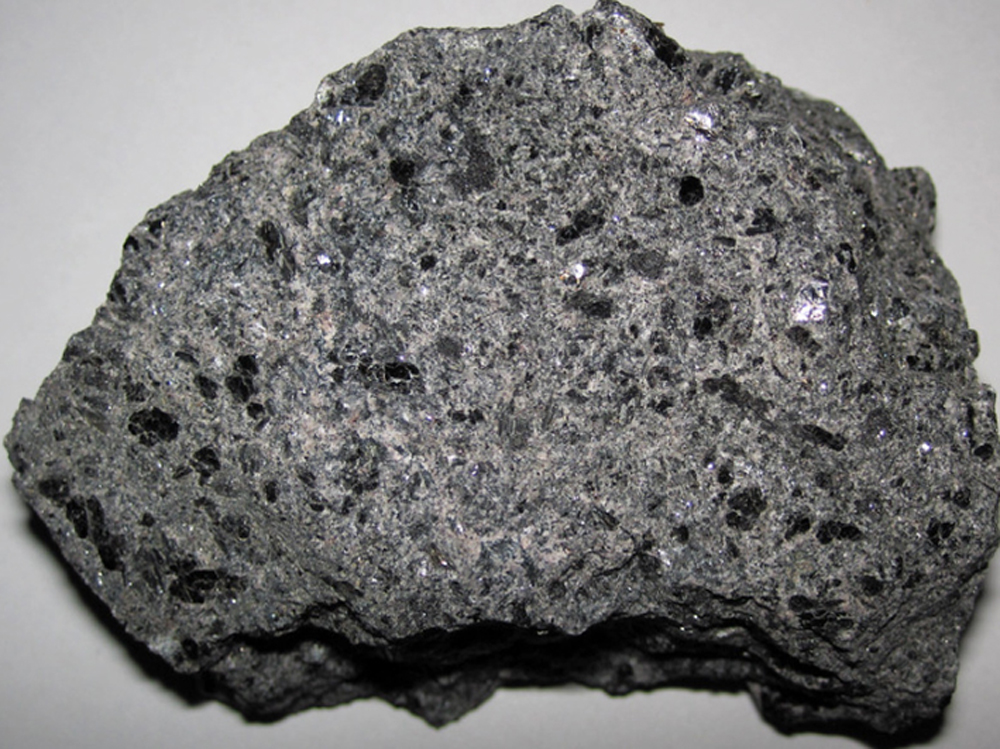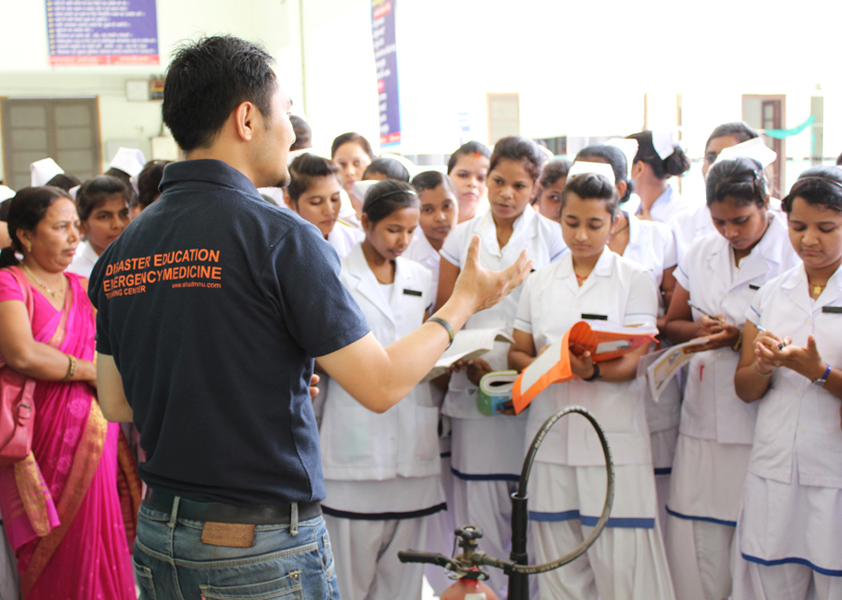Defining disasters a social sciences perspective



India is set to embark on a new chapter in its Polar exploration journey with the construction of Maitri II. The Indian government plans to establish a new research station near the existing Maitri ba...
.png )
The Deep Ocean Mission (DOM), approved by the Government of India in 2021 under the Ministry of Earth Sciences (MoES), represents a strategic step in realizing Sustainable Development Goal 14 (SDG 14:...

China recently announced restrictions on the export of seven rare earth elements (REEs), soon after US President Donald Trump decided to impose tariffs. As the world's dominant supplier—responsible fo...
The definition of disaster has been continuously changing due to the vulnerabilities and risks attached to it. However, despite being defined as natural, disasters tend to have political, cultural, ec...
Disaster phases are not linear. They may overlap and even occur simultaneously. The complexities in disaster phases are attributed to the social, cultural, economic, political forces influencing the w...
The definition of disaster has been continuously changing due to the vulnerabilities and risks attached to it. However, despite being defined as natural, disasters tend to have political, cultural, economic and social impacts as well.

Disaster phases are not linear. They may overlap and even occur simultaneously. The complexities in disaster phases are attributed to the social, cultural, economic, political forces influencing the web of flow— and disaster risk management needs to consider moving beyond conventional notions of phases.
